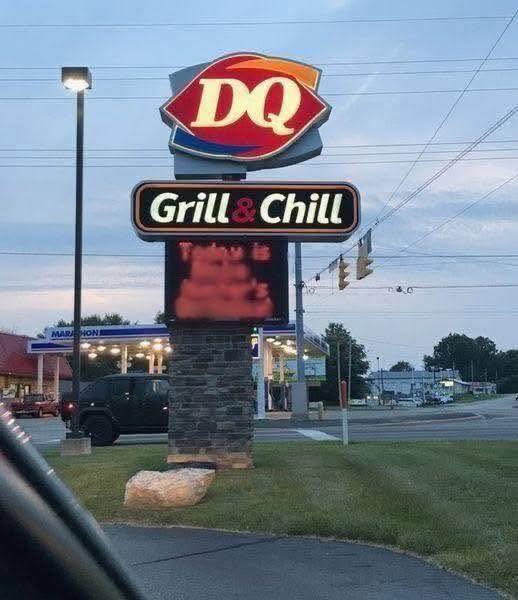Praise and Pushback
Photos of the sign spread across social media within hours. Supporters celebrated Scheunemann for “saying what others are afraid to say,” while critics argued the message sent an unwelcoming signal to anyone who doesn’t share those traditions.
“It’s one thing to celebrate privately,” one commenter wrote. “But putting it on a business sign tells some people this place isn’t for them.”
Dairy Queen’s Delicate Response
As headlines multiplied, Dairy Queen’s corporate office issued a careful statement:
“Dairy Queen is committed to inclusivity and welcoming all customers. This particular sign reflects the views of an independent franchise owner, not the company as a whole.”
The brand aimed to distance itself from the controversy without openly rebuking the franchisee—a balancing act in a heated cultural moment.
More Than Just Ice Cream
For free-speech advocates, the sign is a simple case of personal liberty. For critics, it raises questions about community responsibility and the role of local businesses in creating a welcoming atmosphere.
In Kewaskum, reactions are mixed but mostly measured. Some residents continue buying Blizzards as usual, while others quietly choose different dessert stops. One local pastor summed it up:
“Kevin’s a good man. You can disagree with the sign and still see that he supports this community.”
A Symbol of a Larger Divide
Years later, the sign still stands—unchanged. Supporters see pride and gratitude; detractors see exclusion. The same words tell two different stories, which may explain why the debate refuses to fade.
Whether you view it as bold tradition or unnecessary provocation, one thing is certain: few people pass that Dairy Queen without thinking about what free expression means—and how it shapes the places we call home.

